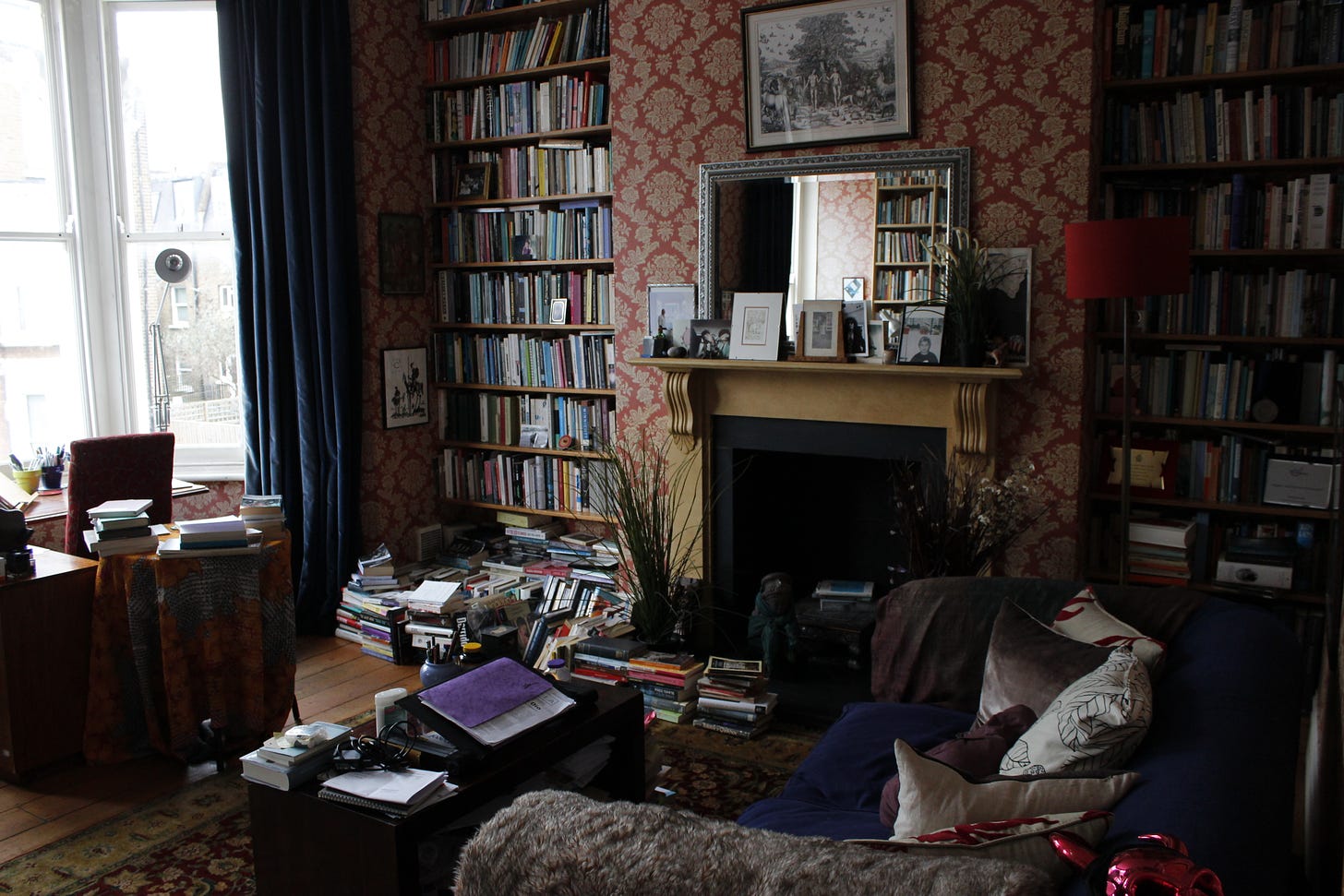As a young man, I loved to look at photographs of writers I admired; Henry Miller, Raymond Chandler, Jean Rhys, Dashiell Hammett, Anais Nin, and Simone de Beauvoir. But my hero in literary terms, and sartorially, was Graham Greene.
To be honest, there is no reason for a writer to look good. When we are working, no one needs to look at us, tapping away in our pyjamas in our little rooms. And when we are not working, it is better that we fade into the background, since we are observers and not movie stars.
Speaking of movies and movie stars.
Keep reading with a 7-day free trial
Subscribe to THE KUREISHI CHRONICLES to keep reading this post and get 7 days of free access to the full post archives.



